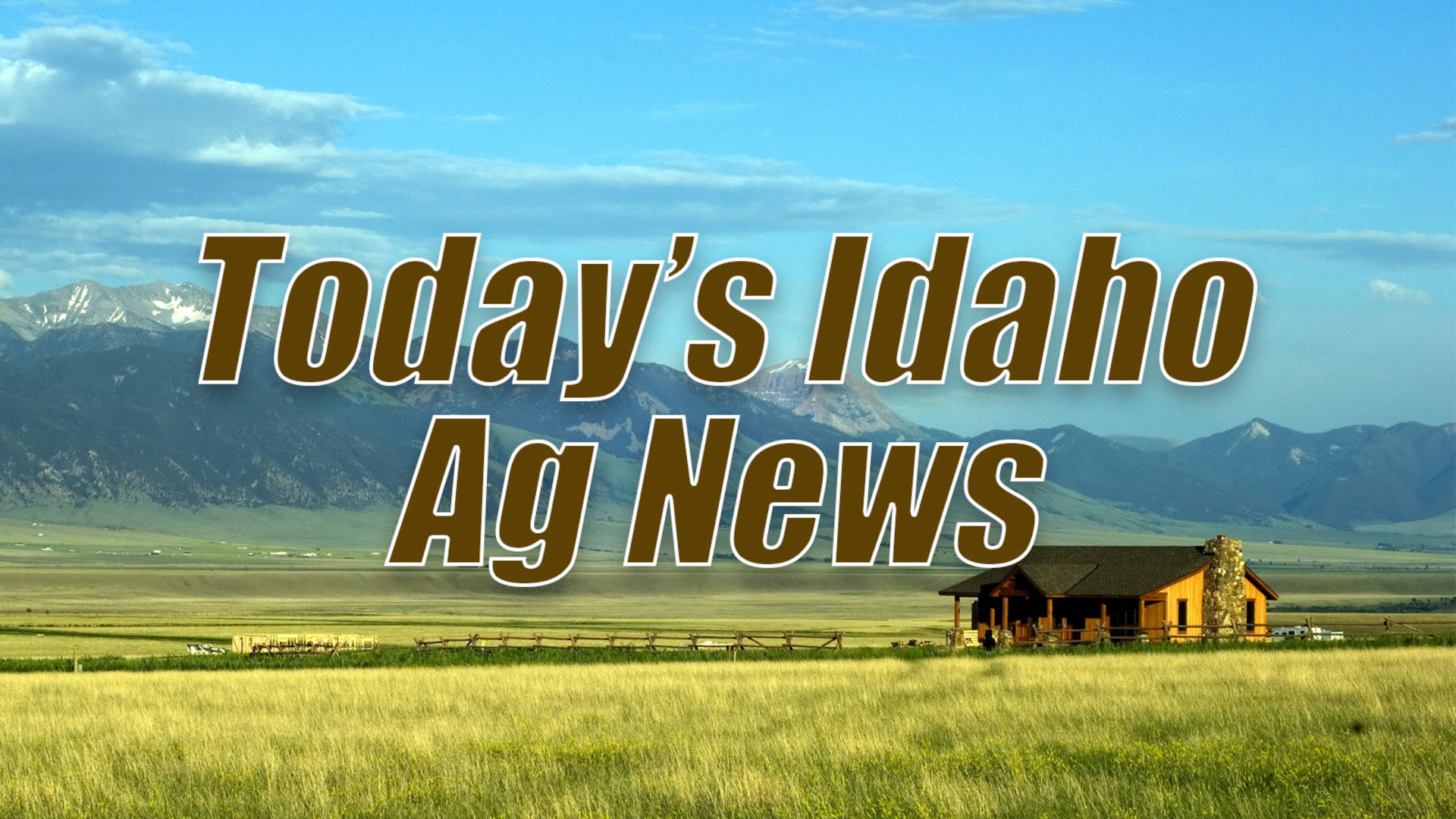11-15 IAN Equi-neuro 7
If you have horses, you need to pay attention to this next report.
We are all aware of the fact that West Nile virus has been around. What you may not know is that West Nile is a neurological disease. We talked about vaccines but in the event that your horse has not been vaccinated and gets either West Nile or some other neurological disease, Dr. Scott Leibsle from the Idaho Department of Agriculture has some thoughts: “When it comes to neurological diseases, and this is not just with regards to West Nile disease, this is in regards to all neurological diseases. The general indicator of how well a horse is going to do is if they can remain standing. So as long as they can get up and still walk and stand under their own power, their prognosis is good. As soon as they lose the ability to stand and they go recumbent and they cannot get up, their prognosis drops precipitously. caring for a downed animal that weighs 1000 pounds is extremely labor intensive. So if you take it to a hospital in may cost upwards of $500-$1000 just to care for a horse on a daily basis. You have to put them in a sling, you have to flip them back over because they get bedsores just like people do because they are laying down for extended periods of time so you need to roll them back and forth and some animals are not very easy to deal with when they are down. Some animals are good patience and a lot of times that can let people make a decision as to whether or not to stop treatment and have the animal humanely euthanized or to continue treatment. If it’s a horse that is very easy to work with and is comfortable being put in a sling and lifted up by a crane because a lot of times we will do that with animals it go down.














